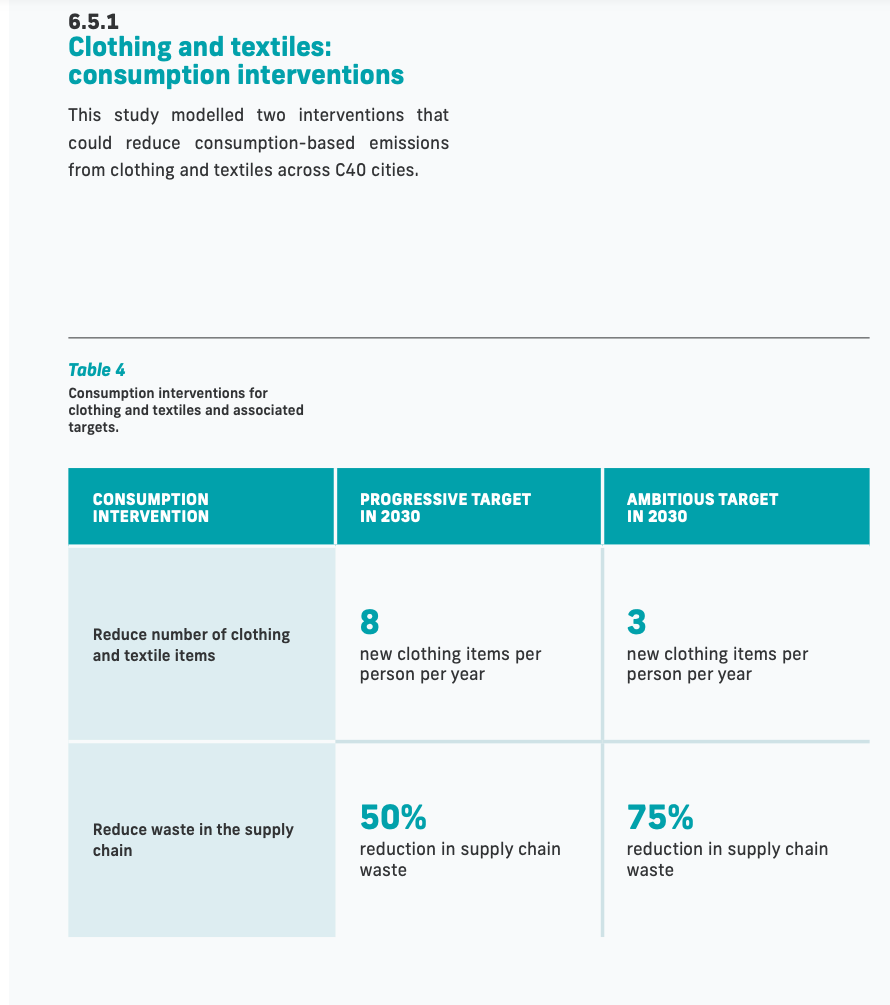KHAN GROUP: NO MEAT AT ALL, NO CAR, THREE NEW ITEMS OF CLOTHING A YEAR AND ONE SHORT FLIGHT EVERY THREE YEARS – ALL BY 2030
Dystopian future in black and white – funded by the UK Government
By Oliver May
IN seven years you might not be allowed to own car, only be allowed to buy three new pieces of clothing per year, take one short-haul return flight every three years and consume no meat whatsoever, thanks to plans drawn up by a group chaired by Sadiq Khan.
Documents that many may not be aware of show him as the chairman of C40 Cities, which describes itself as a ‘global network of nearly 100 mayors of the world’s leading cities that are united in action to confront the climate crisis’.
So-called ‘ambitious targets’ include reducing the number of new clothing items each person is allowed to buy to three per year and banning private car ownership by 2030 – plans which would surely mean an end to many businesses, thus trashing the economy further than it already is.
The Mayor of London has come under fire yet again this week after allegations of racism and for allegedly trying to silence evidence that claimed his Ultra Low Emission Zone tax made no difference to the environment. Khan also suggested that a picture of an all-white family did not represent real Londoners and claimed that there are too many white men working for Transport for London.
C40 was set up by former Mayor of London Ken Livingstone in 2005 and funding comes from sources such as Bloomberg, the UK Government, Ikea, L’Oreal and Google.
In the report ‘The Future of Urban Consumption in a 1.5°C World’, Mark Watts, executive director of C40, says: “Cities drive the global economy and urban decisions have an impact well beyond city boundaries.
“In this case, the impact we are considering is the greenhouse gas (GHG) emissions resulting from urban consumption of building materials, food, clothing & textiles, private transport, electronics & household appliances, as well as private aviation travel.
“This report is the product of a detailed analysis by a team of leading experts and presents the scientific evidence on the climate impact of urban consumption. The work charts entirely new territory for C40, but also for the world at large."
“C40 recognises that the full environmental consequences of twenty-first century consumption are only beginning to be understood and that the findings of this report will make uncomfortable reading for many mayors, businesses and citizens. As a result, C40 cities will need time to develop the partnerships, strategies and actions that can deliver the necessary changes. C40 is committed to supporting that process.”
Although cities mayors were democratically elected, News Uncut cannot remember any campaigns that championed the removal of car ownership, the destruction of local business or the removal of personal choice in terms of clothing purchases and food consumption.
Despite a growing number of leading voices against the man-made climate crisis agenda, Professor John Barrett, chair in energy and climate policy at the University of Leeds, says in the report: “There is a growing consensus, based on compelling evidence, that the world is facing a climate crisis and rapid action to reduce greenhouse gas emissions is a necessity.
“Historically, decision-makers and academics have discussed a range of options that can reduce our carbon footprint over the long-term. However, recent evidence demonstrates that choosing between one option and another is no longer compatible with rapid and significant emission reductions.
“Increasingly, all options are required and this involves multiple actors exploring how they can respond to the current climate crisis; including national government, cities, business and civil society.”
News Uncut understands that the C40 Cities group is linked heavily to what we already know is a plan for so-called ‘15-minute cities’. In fact, under its ‘Urban Planning’ section, the website states it is working towards: “Implementing “15-minute city” or “complete neighbourhood” policies that provide public amenities, essential shops and a mix of economic activities within a short walk or bike ride of residents’ homes.
The group also says: “C40 and our cities work with youth climate leaders to change the status quo and build a brighter future for all.”
News Uncut wonders how restricting people to three new items of clothing per year – given school children might need more than one shirt, one pair of trousers or skirt, one piece of underwear and one pair of socks or tights [to be clear, this is already four items] – is building a brighter future.














He’s a dangerous man
What is the true end game for them? They want us to spend money so they can continue to live 'rich' lives? So I wonder how they see this panning out? I cannot afford my car already. I haven't bought new clothing for the last three years. How can I be a suitable product for the rich to continue to make money? Or is it just to get rid of me so that they can drive their big cars in less crowded streets? It will be interesting to see what happens. When people have nothing left to lose I can't imagine the rich people are going to be very safe.